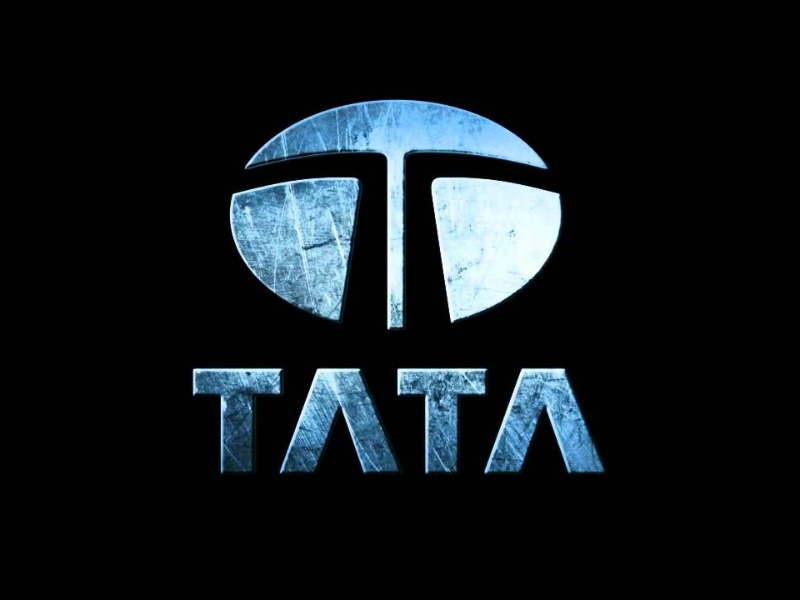Arun Sudhaman 22 Jan 2018 // 6:49AM GMT

When Tata faced its dramatic boardroom battle in late 2016, much was made of whether the company could deflect the negative effects of the mudslinging engendered by the removal of former chairman Cyrus Mistry. This is a company, lest we forget, that is typically viewed as a model of corporate probity in India, thanks to the attention it has paid to business ethics and social responsibility over its 150-year history.
And while its status as the country’s most trusted company helped shield it from the worst of the protracted boardroom saga’s fallout, there seemed little doubt that new chairman N. Chandrasekaran was brought in as much for his business acumen as for his ability to restore Tata’s cherished reputation for integrity and stability.
This was not the first time that India’s largest business group had flirted with controversy. Five years earlier, Tata was forced to distance itself from longtime PR partner Vaishnavi Corporate Communications, after the leak of phone transcripts engulfed Vaishnavi founder Niira Radia in India’s 2G telecoms lobbying scandal.
Both these issues are salient when we discuss Tata’s decision this week to award its blockbuster PR mandate, estimated at as much as $5m, to Adfactors. Crucially, Tata chief communications officer and key Chandra lieutenant Pradipta Bagchi made the decision without the kind of pitch typically employed in these situations. This is hardly unacceptable but it is unusual; in my experience of covering the industry, I cannot recall an account of this size shifting hands without a review of competing agency proposals.
Instead, it is understood that Bagchi's team conducted its own research into agency options before settling on Adfactors. The firm's size and Indian roots no doubt appealed to Bagchi, who is keenly aware of Tata's impact across the full breadth of India's consumer market. As Amith Prabhu’s insightful perspective indicates, it is not as if there were many contenders that possessed the scale to handle a business as vast as Tata’s.
And even if it was only ever Adfactors in the running for Asia’s largest homegrown PR account, CEO Madan Bahal no doubt made a compelling case for the quality of his team’s capabilities during the meetings he held with Bagchi and other key Tata executives.
Many will point out, with some justification, that Tata has always operated this way. Vaishnavi secured the business in the first place in similar fashion. And while it is understood that at least one other contender was sounded out in 2011, the high-profile shift to Edelman also took place without a formal agency search.
Neither should we suffer under the pretension that a competitive review is the best way to identify the appropriate PR partner. You would be hard-pressed to find any PR veterans who extol the praises of pitching, seeing it instead as an expensively blunt charade to identify the elusive mix of chemistry and counsel that defines the best client-agency relationships.
But if we are being honest, we can accept that the ends do not always justify the means. Or, put another way, the right decision can be made amid circumstances that do not appear to provide the necessary justification. And this matters for a company of Tata’s undoubted stature.
For one thing, after suffering through the two scenarios described above, Tata’s awareness of the value of transparency has surely been enhanced. While previous agency decisions may have been made in a similar manner, that alone is not sufficient grounds for failing to evolve its practices with the times in which we live.
Those times require considerable attention to be paid to notions of fairness. So while there is nothing to suggest that Tata acted improperly, the lack of a transparent process only encourages speculation to the contrary.
One global agency head, who has spent much of his career landing big accounts, told me that Tata's approach was hardly a surprise, given its modus operandi. There may even be a measure of relief among some that Tata did not engage in a pitch that would bring with it all of the requisite politics and drama.
Others could well argue, furthermore, that the sheer complexity of a potential pitch, across 29 companies, precludes its possibility. That strikes me as a straw man; bigger budgets regularly undertake such reviews and, in any case, there would have been no need for each company to become involved.
Tata is now a private company, so it does not need to defend its actions to shareholders, beyond the philanthropic trusts that — no doubt — expect the highest standards of corporate governance. But it remains a unique entity, keenly sensitive to the concerns of its stakeholders as it cuts a vast swathe across Indian workers, customers, regulators and NGOs.
Six years ago, Bahal himself suggested that the demise of Vaishnavi would ultimately improve the Indian PR industry’s reputation. And he was probably right, given its traditional media portrayal as a haven of corruption and skullduggery. Today’s generation of Indian PR firms are producing work of the highest global quality, many as part of international networks that have bought up most of the country’s top players. Adfactors remains proudly independent, but its ability to deliver topnotch campaigns puts some of its international rivals to shame.
Ultimately, all of these firms — perhaps more than anyone — will be aware that shifting a PR account of this magnitude without a formal agency review invites the wrong sort of impressions. Perceptions often are more important than reality; it is a simple concept but one that Tata, or any company that espouses progressive values, would do well to heed.


































.jpg)

















